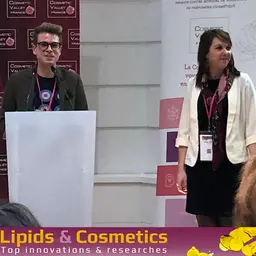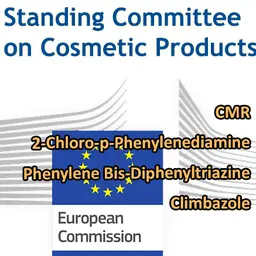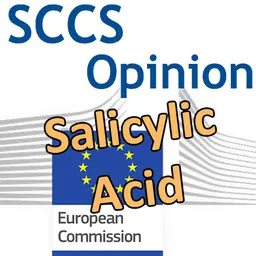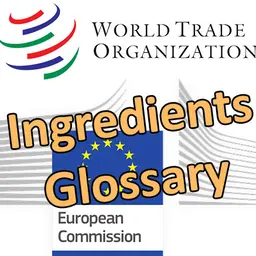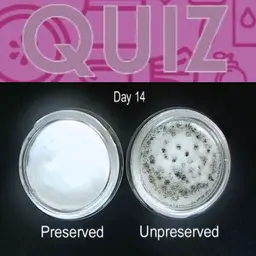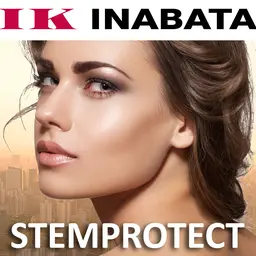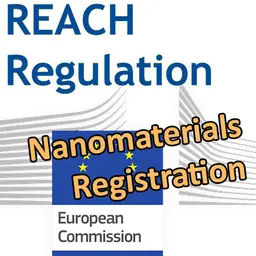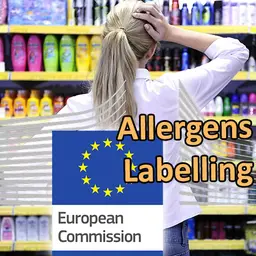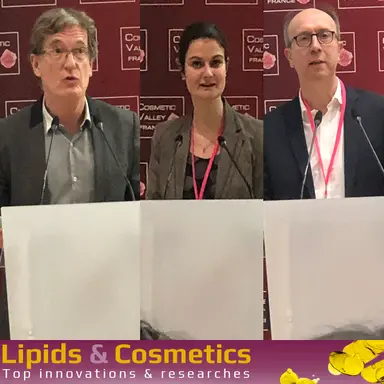
What “green” ingredients can be used as an alternative to the substances that consumers no longer want to see in their cosmetic formulas? During the Lipids & Cosmetics congress, organized by Cosmetic Valley and Iterg on January 29th and 30th in Bordeaux, Olivier Paquatte, from Safic-Alcan, Hervé Plessix, from Stearinerie Dubois and Marie-Odile Hecht, from PolymerExpert, came to present their latest innovations from the natural world to replace silicones, petrochemical-derived ingredients and synthetic polymers.
Follow-up of the article Cosmetics in search of green lipids (1/2), CosmeticOBS, 17 February 2020
Neossance Hemisqualane, from Safic-Alcan: alternative to D5
Neossance Hemisqualane is a socially and environmentally responsible alternative to D5 (Cyclopentasiloxane), which is perfectly in line with the trend towards clean beauty, which today has a strong influence on formulas and directs them towards natural ingredients, reputed to be safe and respecting sustainable development. It is a C15, produced from sugar cane juice in the presence of yeast. The fermentation process gives rise to Farnesene, which is then hydrogenated to produce Hemisqualane. The molecule can also be dimerized and then hydrogenated to create squalane. A process validated by Ecocert.
Physical and chemical properties
According to comparative studies conducted by Safic-Alcan between Hemisqualane and D5:
• Its surface tension is slightly higher (25.5 mN/m vs. 18.0 mN/m)
• Its viscosity is very low (2.8 mPas), which gives D5(4.0 mPas) an advantage
• Its flash point (110°C) is higher than that of D5 (77°C), which is interesting from a manufacturing process point of view since it is less flammable
• Its spread is slightly better (59.3% vs. 42.7%)
• Its density and refractive index are broadly similar (0.77 …

